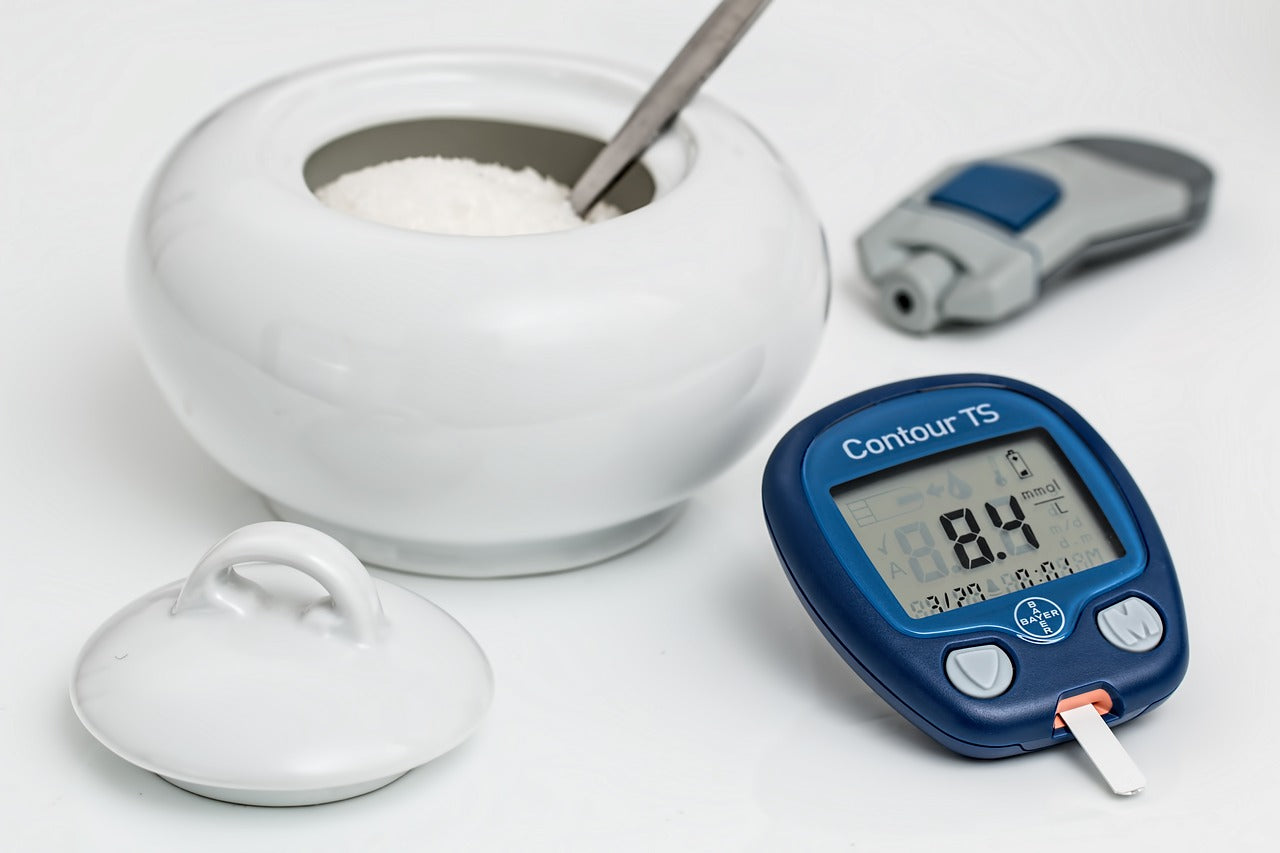
3 BIG Reasons I Rarely Prescribe Diabetes Meds
When I was in medical school I was beaten over the head with the idea that if a person was suffering from a disease like type-2 diabetes, the best way to make them better was to get them on some kind of medication.
When I left medical school not only did my head hurt from the beating…
I sincerely believed medications were the best way to treat diabetes.
Fortunately it wasn’t long into my residency that I discovered prescribing medications to treat diseases like type 2 diabetes was a misguided effort.
Residency introduced me to the integrative approach to medicine.
Especially, type 2 diabetes treatment.
An approach where I looked at a how a person developed type 2 diabetes and assessed what led them to become sick in the first place.
And once I realized how they developed diabetes I realized I couldn’t just throw medications at them in the hope I’d make them better (plus they’d get mad if I threw medicine at them)...
I knew I had to reverse engineer the problem.
And it’s for this reason and several more that I don’t commonly prescribe medication to help treat type 2 diabetes.
In my experience using meds to treat type 2 diabetes is misguided.
And not just because I don’t think meds are effective (for the most part, I don’t believe they are) but because I believe medication actually creates more problems than they solve.
Today, I’d like to show you the 3 main reasons I typically avoid prescribing medications for type 2 diabetes.
Once you’ve seen those I’ll show you where to find the solutions I do recommend.
3 BIG Reasons I Avoid Prescribing Medications For Type 2 Diabetes
1 - They’re Largely Ineffective: The #1 reason I don’t recommend drugs is because I just don’t believe they work.
If they did work, then a person would take them for a few days or weeks and then their type 2 diabetes would be cured. No need to take drugs ever again.
But if you’re a diabetic, or know someone who is, then you know that’s not how diabetes management drugs work.
Once you’re on a drug the chances you stay on that drug for life are extremely high. Even worse, the chances you end up on several additional drugs climbs as well.
Ultimately, if a diabetes drug was really going to work it would correct the fact that you have high blood sugar and enhance your body’s ability to use insulin to convert that blood sugar into energy.
But that’s generally not the case.
Most people’s experiences with meds is they’ll take them for months or years and their blood sugar never improves. Eventually their body only produces so much insulin, and that amount of insulin can’t control blood sugar, so they’re forced to inject insulin as a means to bring blood sugar down.
It’s an endless cycle and one most people who depend on meds never seem to escape.
Granted, this isn’t always true. But in my experience… and based on what the medical literature shows to be true… diabetes medications do very little to heal a person from type 2 diabetes.
Instead, they help manage a person’s condition so they feel “a little less sick” even though their condition continues to worsen.
2 - They Can Be Dangerous - Really Dangerous: Another good reason I don’t recommend diabetes medications is because of the inherent risk they pose.
For instance, in August of 2018, the FDA warned that several kinds of diabetes medications were linked to the growth of a flesh eating bacteria that ate away the skin of people’s genitals.
Gross… and completely unnecessary when you consider there are natural alternatives that will control diabetes.
And while that case was extreme and only a few people were affected, a compilation of studies show the risks associated with diabetes medications are myriad… and common.
For instance, researchers writing in the British Medical Journal showed their research indicated taking diabetes drugs doesn’t help people live longer, but actually causes them to die earlier.
They wrote:
"The overall results of this meta-analysis do not show a benefit of intensive glucose lowering treatment on all cause mortality or cardiovascular death. A 19% increase in all cause mortality and a 43% increase in cardiovascular mortality cannot be excluded."
Another study, showed that taking diabetes drugs was directly tied to an increased risk for heart failure.
Studying over 95,000 subjects, Canadian researchers found that those who took diabetes drugs experienced a 14% increased risk of heart failure while taking sugar-lowering drugs to manage diabetes.
And these 3 instances are only scratching the surface of the published literature on the dangers of diabetes medications.
I can’t in good conscience use meds as my first, second, or even third choices.
3 - They’re Expensive: I know that a lot of people have insurance that helps to cover the cost of medications.
However, that doesn’t mean they’re not expensive. And as the health insurance industry continues to change, and coverage amounts shrink and premium amounts increase, it doesn’t mean they’re going to become affordable.
Drugs can run a person anywhere from $5 - $2,000 plus a month.
That doesn’t count the cost of health insurance premiums either.
In general the cost for managing (not reversing) type 2 diabetes is ridiculously expensive.
A study on the cost to manage diabetes with conventional means is estimated to be $295,000 for life.
If you have diabetes, wouldn’t you like to spend that money on something other than managing your disease?
I know I would…



